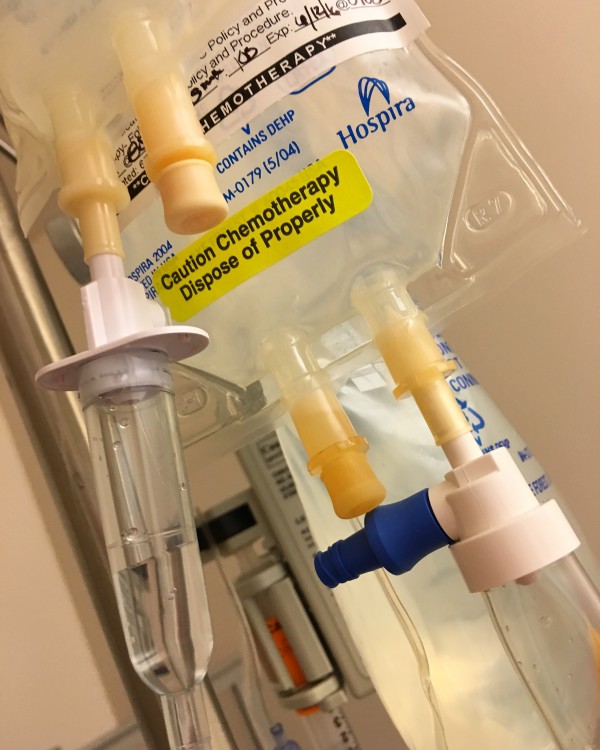Dear person giving unsolicited medical advice,
You are my family, my friends, my social media followers and sometimes even strangers on the street. I am grateful that you care about my situation enough to share your knowledge in hopes that you will ease my suffering. Thank you for displaying what you believe is kindness and compassion towards my difficult circumstance. I know you mean well, and that you honestly believe you can help.
There is only one problem.
You often become abrasive, and lose understanding that this is my battle, my fight and my body. I have found your relentless comments on every medical update I post, your strong opinions on my social media accounts, and even private messages conveying that you “know how to cure” my incurable disease. You tell me I am making mistakes in my treatment, and that if I were to just “treat the root cause, leave Western medicine behind and take special supplements, oils and herbs” I would be disease-free. You imply that my treatment choices are the reason I am still sick. Your harsh stance makes me uncomfortable, and is not helpful or supportive, but hurtful.

Please understand I am open to alternative treatments, but also be aware that I have a fast-progressing illness, and taking the time to experiment with “miracle cures” could actually cause my organs to fail. I know Western medicine is full of toxins and poison, and will destroy my fragile body if my disease doesn’t get to it first, but for now, it is my most viable option. When my health spirals, these drugs keep me alive; my physicians’ prescriptions keep me with you another day. Please accept that your “cure,” though it may have worked for your cousin or dozens of people in a online forum, may not be right for me. Every patient is unique, and every body responds differently.
While an oil may have relieved your pain, it could cause me to go into anaphylactic shock. While a diet may have improved your quality of life drastically, it could cause me excruciating pain as my body doesn’t properly digest and I am on a feeding tube. While the approach to medicine you swear by may have put your disease into remission, my body may reject it and lose valuable organ function waiting to see results.
You see, I am in no way against your treatments. I am actually intrigued by most of them and hope I am stable enough someday to experiment with them. However, they are typically expensive, not covered by insurance, and require in many cases to attend treatment in another state or county. Like many patients battling illness, I am extremely tight on funds and cannot physically or financially afford your experimental, “no guarantee” treatment at this time. It’s true, not even Western medicine is guaranteed, but at least the statistics are in my favor. Possibly, once I am medically stable enough to travel and have extra money, I can use your ideas to help improve my quality of life — but right now my focus and my funds must be on staying alive.
Next time you feel the urge to give medical advice, please ask yourself these three things:
1. Is my advice physically possible for the patient?
2. Is it my place to give advice?
3. Is now the appropriate time to give advice?
Then ask yourself this one very important thing:
1. Am I respecting the patient’s decision?
By using these simple guidelines you will take unneeded stress, judgement and negativity out of a patient’s already-hectic life. Remember that we are battling our bodies, and if we had the choice we wouldn’t be sick at all. You have no idea how hard of a decision it is to use one evil to fight a greater evil. Hooking up to that infusion full of chemicals is not anyone’s first choice — but sometime it is the only choice that generates the ability to live another day.
There will come a time where I may ask for advice, and I know you will be waiting in the wings — for that I am appreciative. Instead of continually pursing me with your opinion on how I should be implementing my treatment, show me support by accepting and respecting my decisions.
Getty image

